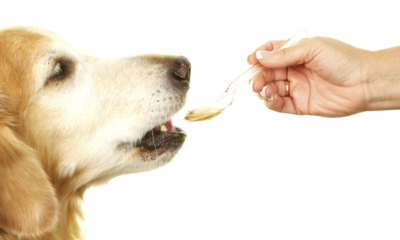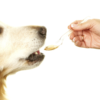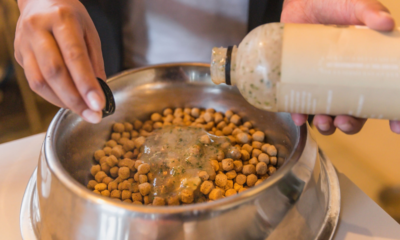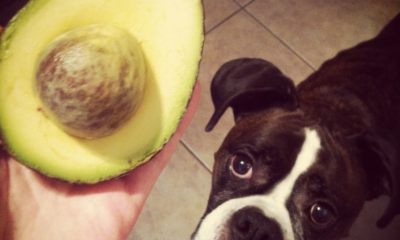The nutritional needs of dogs change dramatically during pregnancy and nursing. It’s easy to meet these needs with the right diet and supplements. This article will cover the top five nutritional needs of pregnant and nursing dogs, including why these needs are so crucial, what nutrients and vitamins are important, and where you can find them in your pet’s food or in other ways, such as high-quality supplements from your vet.
1) Protein
Protein is essential for all dogs, but it’s particularly important for pregnant and nursing dogs. The protein in food provides building blocks for healthy muscles and tissues, including those that make up reproductive organs. If a mother doesn’t get enough protein during pregnancy or lactation, her offspring could suffer developmental problems. Feeding your dog plenty of lean meat will help ensure she gets what she needs, as long as you don’t overdo it: Too much protein can cause kidney problems in adult dogs.
2) Carbohydrates
Just like humans, dogs have an increased need for carbohydrates while pregnant. Carbohydrates help support energy levels, which can be lowered during pregnancy. Look for products with at least 25% carbohydrates. Sources include brown rice, oats, cornmeal, and barley. A small portion (1-2%) can also come from fruit or vegetable sources such as carrots or sweet potatoes, but these should be limited due to their higher sugar content.
3) Vitamins & Minerals
It’s very important for pregnant dogs to get all the necessary vitamins and minerals. The most important one is vitamin E, which helps maintain a dog’s immune system, as well as vitamin C, which helps with wound healing. Also, calcium is essential for producing strong bones. If you are planning on breeding your dog in future months or plan on making your dog pregnant soon then now is probably a good time to start her on supplements that contain all necessary vitamins and minerals.
4) Fats
During pregnancy, a female dog’s body begins to store fat for energy production. A pregnant dog needs a higher-fat diet than a non-pregnant one—and should get about 25% of her daily calories from fats during pregnancy. It is particularly important for dogs in late pregnancy to have plenty of fat because that’s when their puppies grow fastest. Dog food companies recommend foods high in omega-3 fatty acids during pregnancy because they promote healthy brain development in puppies.
5) Water
Water is essential for life in all living things, including humans. It helps to regulate body temperature and is necessary for digestion. Like humans, pregnant dogs must drink a lot of water during hot summer months, especially if they are lactating their puppies. Fresh water should be readily available at all times.
Final Thoughts
As with people, pregnancy in dogs is an exciting time but comes with an added set of nutritional needs. But if you look to a veterinarian for advice on what your dog will need during pregnancy and nursing, you may find it hard to get answers that are relevant to your pet. This is because every animal’s nutritional needs are slightly different from each other, based on age, weight, activity level, lifestyle and environment—and that includes their specific needs during pregnancy.
With all these variables, there’s no one size fits all answer to how much food pregnant dogs should eat. However, there are some general guidelines that can help you make sure your dog gets everything she needs throughout her pregnancy and while she nurses her puppies.
First, as always, consult with your vet before making any changes to your dog’s diet. Your vet knows about your dog’s current health status and can tell you whether or not certain foods or supplements would be beneficial at certain times in her life. For example, if your vet tells you that your dog has trouble digesting fats (which could cause gastrointestinal issues), adding more high-quality fats like fish oil might be something they recommend when she is pregnant or nursing.
Second, pay attention to your dog’s body condition score (BCS). A BCS ranges from 1–5, with 1 being emaciated and 5 being obese. You want to aim for a BCS of 3, which means your dog has a moderate amount of fat covering her bones. If you notice your dog getting thinner or fatter than normal, adjust her diet accordingly.
Finally, remember that just because you don’t see signs of pregnancy doesn’t mean it isn’t happening! Dogs often go into heat without showing any outward signs, so keep an eye out for behavioral changes such as increased thirst and urination.




























